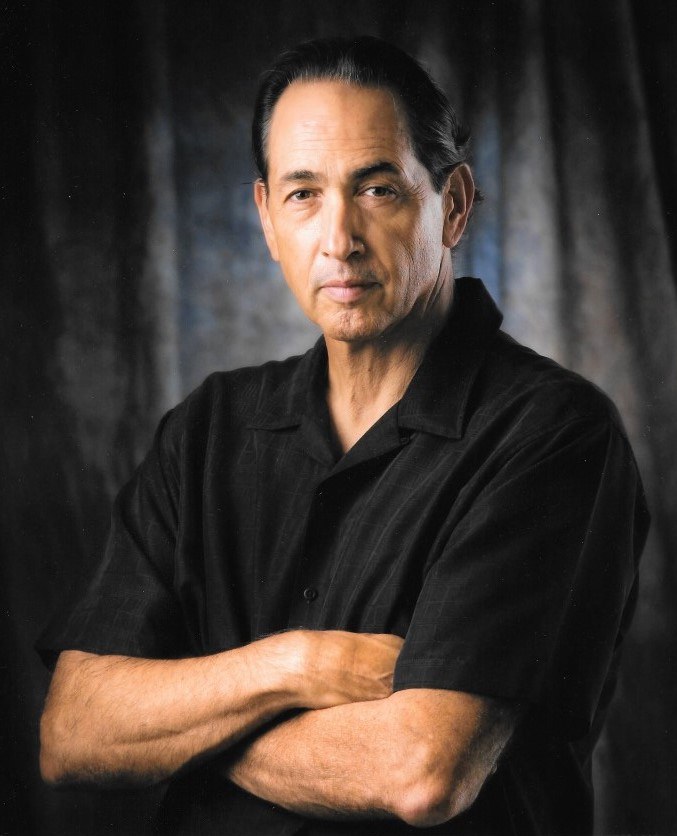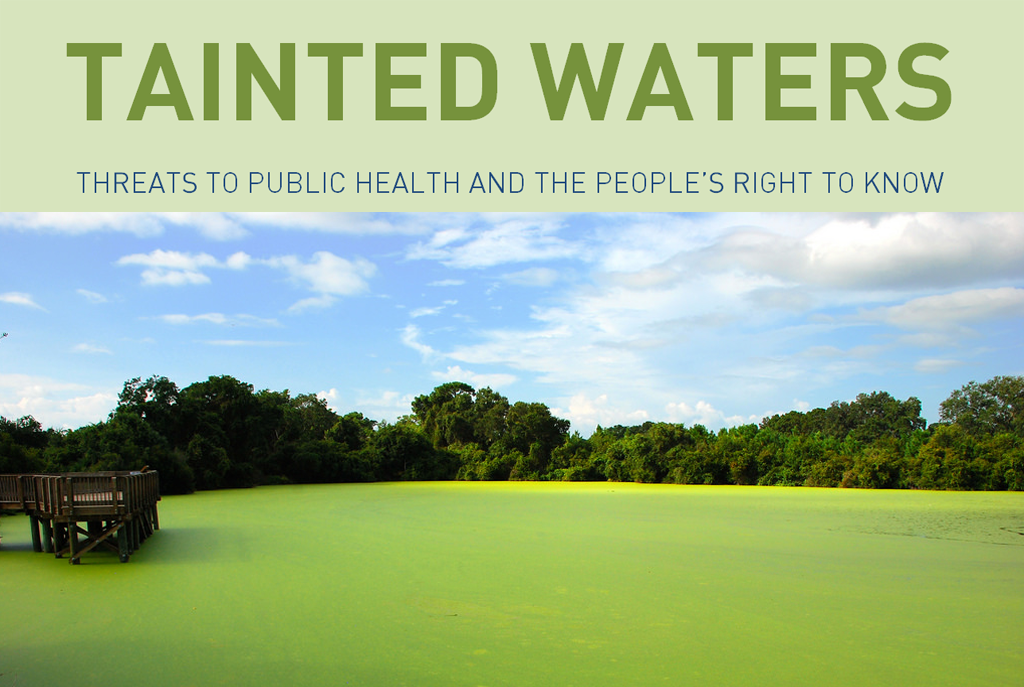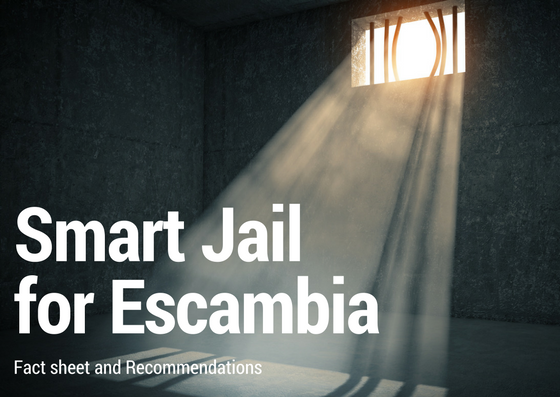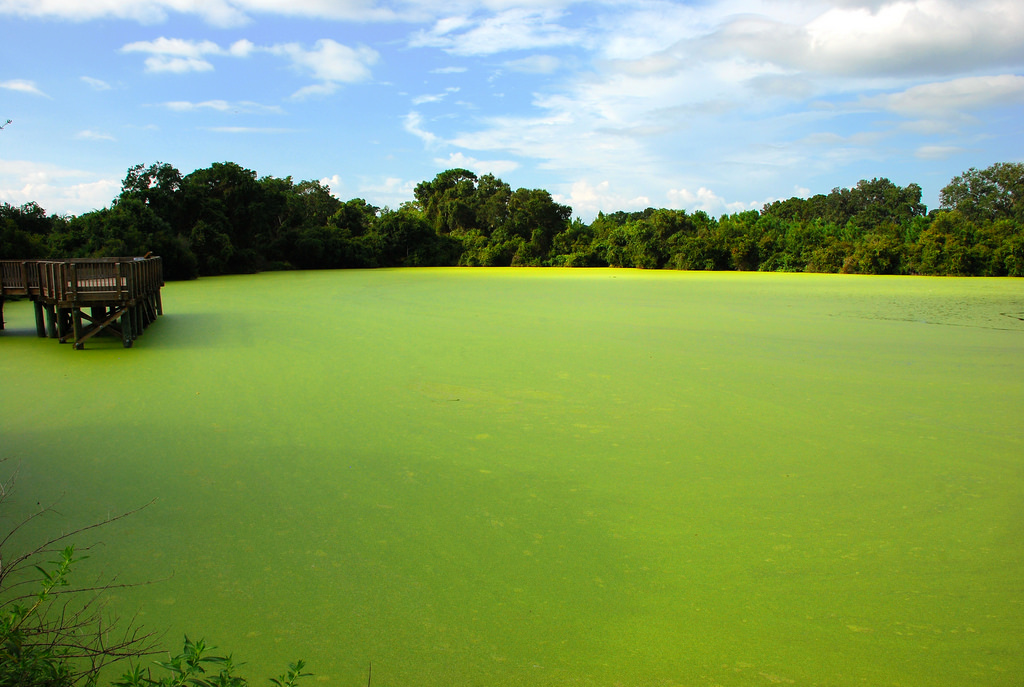Escambia needs a criminal justice system that is cost effective, operates fairly, and keeps us safe. However, our jail is crowded, expensive, and houses many non-violent, pretrial defendants who could safely reside in the community with their family and continue to work while awaiting court.
All data in this report is based on an analysis of Escambia inmate data on July 31, 2017, which serves as a snapshot of the jail’s makeup.
As of that date, Escambia County detained approximately 1795 people, giving it one of the highest jail incarceration rates in the state. According to the Florida Department of Corrections, Escambia’s incarceration rate is roughly 80% higher than the state average, even though its crime rate is only 40% higher than state average. In our county, falling crime rates have not resulted in falling incarceration.
Unlike prisons which only hold people convicted of felonies, our jails hold a mixture of people. About a third of the inmates have been convicted and are serving relatively short sentences. Another third is individuals deemed ineligible for release because the inmates have been accused—but not yet found to have—of a violation of probation, terms of pretrial release, or for some other reason. The last third await trial and thus are presumed innocent.
Because of this mixed population, simple changes to our policies and practices can result in rapid and significant declines in the jail population. With commitment from local stakeholders and local government, Escambia can build and manage a smarter jail—a jail that saves taxpayer money, both now and in the long term, with no compromise to public safety.
The following report was written and researched by Benjamin Stevens, ACLU of Florida staff attorney.
Download and read the full report.
Date
Tuesday, August 8, 2017 - 3:15pm
Show featured image
Hide banner image
Override default banner image
Documents
Show related content
Pinned related content
ACLU Recommends 14 Ways Escambia County Can Fix Jail Overcrowding
Why we need bail reform in Florida
Tweet Text
[node:title]
Type
Menu parent dynamic listing
Featured video (deprecated):
Style
Standard with sidebar
In the wake of the 2016 outbreak of toxic algae in the St. Lucie River and Estuary and along Florida’s Treasure Coast, the ACLU of Florida was asked by members in the region and several environmental organizations to investigate the state’s record of transparency with regard to the dissemination of information about the potential grave danger to the public health posed by the algae flow. Specific concern was expressed about the state’s performance in delivering needed information evenly to all citizens in affected areas, and whether the state understate scientific evidence of dangers to public health.
The following report was researched with the help of local residents, scientists, media sources, and those state employees who cooperated with an ACLU of Florida investigator.
_______________________________________________
ABOUT THE AUTHOR
John Lantigua is a veteran journalist who has reported both in the U.S. and from many foreign countries, especially Latin America. Based in Central America in the 1980s – predominantly in Nicaragua – he reported for United Press International, The Washington Post and Newsweek. He came to Florida in 1993 and wrote for The Miami Herald from 1993-98 as a general assignment reporter, specializing in coverage of minority communities.
From 1999-2002, he freelanced for national magazines, covering the Elian Gonzalez saga for Salon, the Bush-Gore election for The Nation, and the presence of the 9/11 terrorists in South Florida for Newsweek. From 2002-15, he was a reporter for The Palm Beach Post based in Miami, covering national and international issues. Immigration has been a major focus of his reporting, but he has also written about voting rights, LGBT rights and criminal justice.
While at The Miami Herald, he shared the Pulitzer Prize for Investigative Reporting for work on the contested Miami mayoral election of 1997. At The Palm Beach Post, he shared the Robert Kennedy Journalism Award and the National Association of Hispanic Journalists Prize for Investigative Reporting in both 2004 and 2006, the first for articles on the immigration issue and the second for reporting on the connection between pesticides and birth defects. He also won the World Hunger Year Harry Chapin Media Award in 2004 for his work on immigration.
Since February, John has been the Investigative Reporter for the American Civil Liberties Union of Florida.
He lives in Miami Beach.
Date
Wednesday, June 7, 2017 - 11:45am
Featured image
Show featured image
Hide banner image
Override default banner image
Documents
Show related content
Tweet Text
[node:title]
Type
Menu parent dynamic listing
Style
Standard with sidebar
Pages



